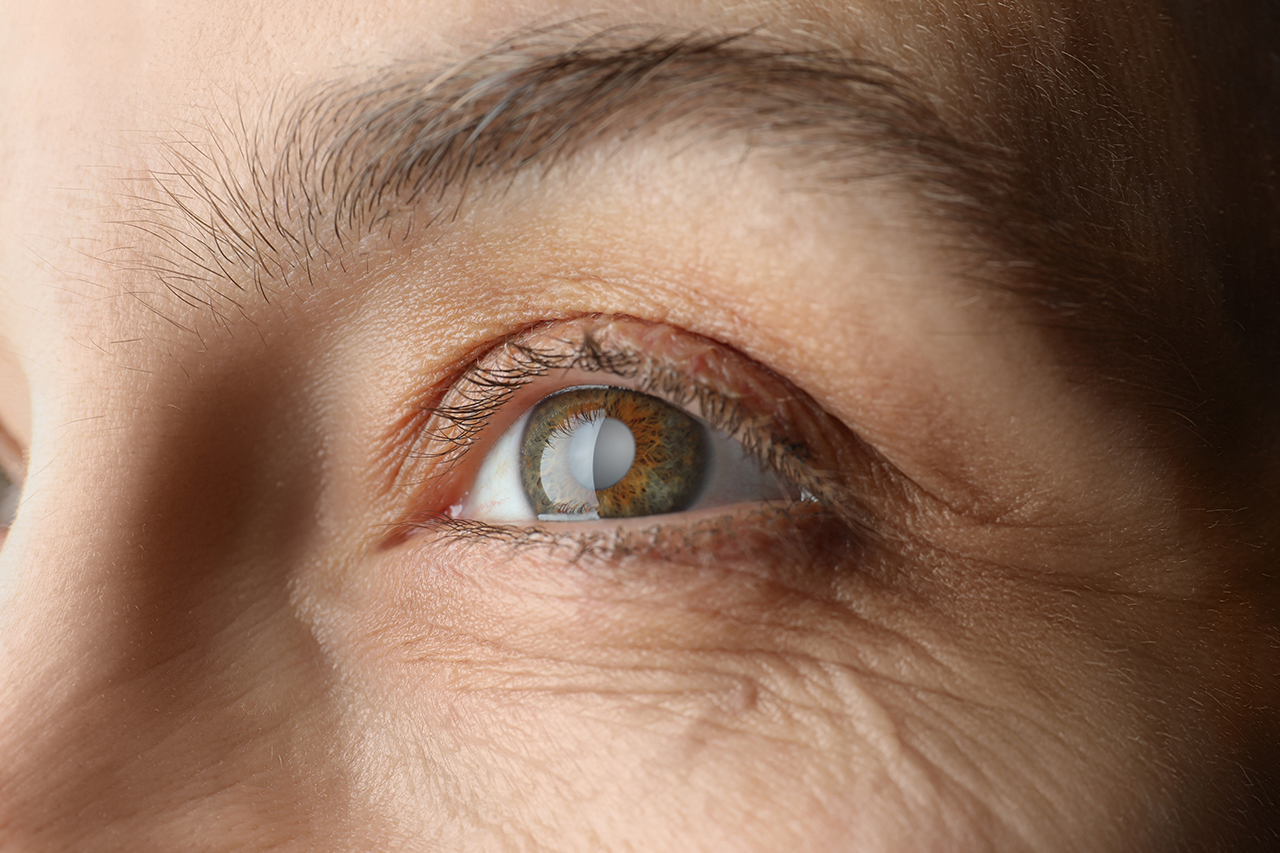Solutions for Eye Diseases in Meridian & Boise
Boise Mountain Eyecare manages a wide range of eye diseases with advanced care and support, including surgery co-management for a seamless treatment experience. Trust in our optometrists for effective diagnosis, treatment, and preventive care.

How Boise Mountain Eyecare Can Help
Our optometrists use comprehensive eye health exams to detect conditions early, ensuring timely intervention and management. We can also manage ongoing eye diseases, providing care or referring patients to specialists if surgery is needed. We aim to help you maintain and preserve your vision throughout every stage of life.
Glaucoma Testing and Management
Glaucoma is an eye disease that is characterized by a sudden or gradual increase in pressure in the eye. When the pressure increases, it causes damage to the optic nerve. If this damage occurs, it cannot be reversed, making it extremely important to get your eye pressure tested yearly at Boise Mountain Eyecare. The test is painless and relatively quick.

Fortunately, if detected, glaucoma can be treated, and the inner pressure in your eye can be reduced to prevent damage to the optic nerve. Common treatments include:
- Daily eye drops to manage fluid production or improve fluid flow.
- Laser eye surgery for cases where drops aren't enough to increase fluid drainage.
Our eye doctors can determine the right treatment based on your specific needs, whether directly at our practice or through co-management.
Cataract Surgery Co-Management
Have you noticed a change in your vision or have your vision become blurry with faded colors? If you answered yes, you may have cataracts. Cataracts, a common condition in those over 50, cloud vision due to protein buildup on the eye's lens.
Our Boise practice offers cataract surgery co-management, restoring clear vision by replacing the cloudy lens with an artificial one tailored to your prescription. This simple, 30-minute procedure could significantly reduce or eliminate the need for glasses or contacts.
Post-surgery, our team ensure a smooth recovery with follow-up appointments, managing your care every step of the way.

Age-Related Macular Degeneration Eye Doctors
Age-related macular degeneration (AMD) is a leading cause of vision loss, affecting the macula of the retina, which is crucial for central vision. The first step to treating AMD is getting diagnosed early. This makes yearly eye exams vital, especially for those over 50.

The early stage—known as dry AMD—has no direct treatments, but vitamins such as lutein, E, and C may help slow progression. The late stage of the condition is known as wet AMD. Several treatment options are available, including:
- Medications to halt new blood vessel growth in the retina.
- Laser treatment, known as Photodynamic Therapy (PDT), to eliminate new blood vessels in severe cases.
Our optometrists can determine your stage of AMD and recommend the most effective treatment plan, whether it's in-office care or through co-management with specialists.
Diabetic Eye Care
Diabetic retinopathy, a complication of diabetes, can seriously affect your eye health, potentially leading to vision loss. It damages the retina's blood vessels and is a major cause of blindness in adults.
Having diabetes can significantly impact your eye health, but we're here to support you in managing these effects. With comprehensive vision exams, we can detect any diabetes-related issues early. For those with advanced conditions, treatments like anti-VEGF injections are available to help preserve your vision and keep your eyes healthy.


Keratoconus Solutions
Keratoconus is an eye condition where the cornea thins and begins to bulge into a cone-like shape. This deformation causes the light entering the eye to bend incorrectly, leading to distorted and blurred vision.
It's a progressive condition, typically beginning to affect people in their teens or early twenties, and can continue to worsen for a decade or more.
Many treatment options are available to manage keratoconus and improve vision, ranging from scleral contact lenses to surgical interventions for severe cases.
